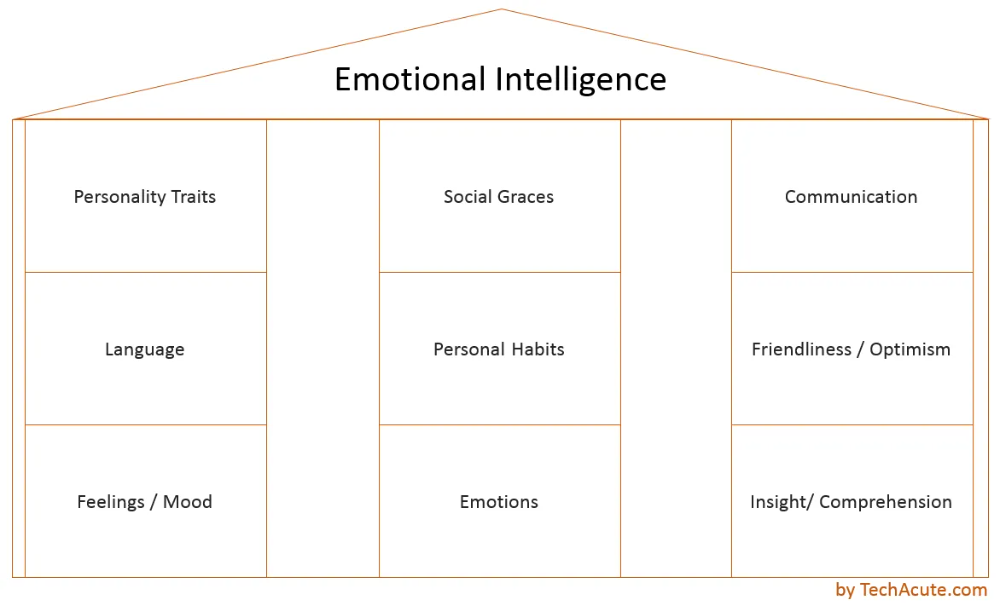When your child rejects you
Coping With the Rejection Of a Child
One of the hardest things to experience is the betrayal wound that occurs when your own child grows up to hate you. I have seen this numerous times in my life, to the point that I am compelled to write about it.
Parents who have been rejected by one or more of their children experience a type of pain that is not matched by any other even the betrayal of a spouse or parent.
If you are a parent who has been rejected by your child or children then hopefully this paper will be beneficial to you. Of course, if you were and still are an abusive parent, then perhaps your child did what was necessary in order to protect him or herself from further abuse; but, if you are a typical, good enough parent, then your childs rejection is unnatural and unhealthy for all involved.
What types of children reject their parent(s) in this respect? (Note: these options are not mutually exclusive.)
- Children with Narcissistic Parental Alienation Syndrome
- Children with attachment trauma
- Children with personality disorders
If you are experiencing the heart ache of a child who rejected you, then you probably feel devastated, hurt, confused, angry, furious, misunderstood, shocked, invalidated, and empty. Was I a bad parent? Why did my children turn against me? What could I have done differently? Maybe I said no too many times. Maybe I shouldnt have been so hard on him/her. Where did I go wrong?
Many questions enter your mind.
Usually, children, no matter what, are loyal to their parents even very neglectful and abusive ones. When a child rejects a parent it usually has something to do with something else other than abuse or neglect. In fact, when a person cuts ties with an abusive or neglectful parent it is usually a difficult process and requires the child to set difficult boundaries, and is nearly impossible to do.
What about the parent whose child rejects them easily or with no sense of conscience or remorse, acting as if their parent were Attila the Hun, using criticism and judgment as tools of attack against the parent; using every weakness of the parent as justification for the ostracizing him/her? This type of parental rejection is not natural and is usually the result of one of the above three mentioned possibilities.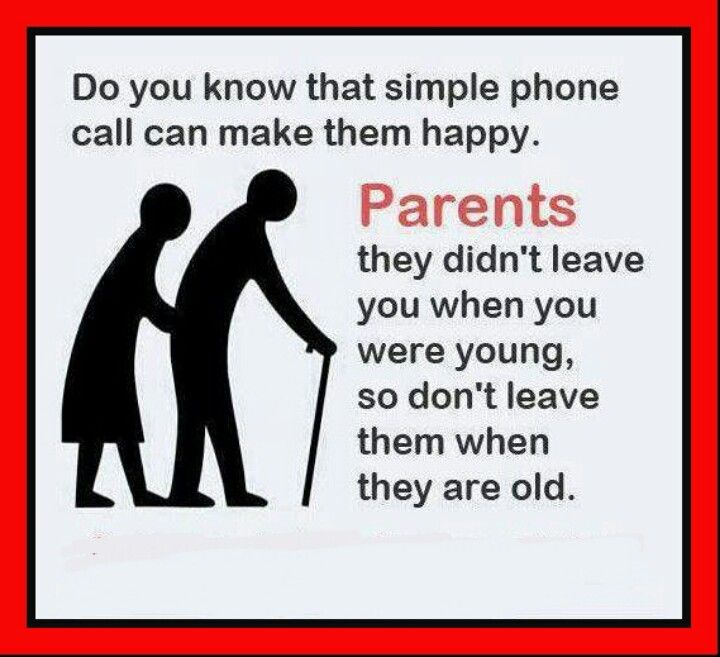
I will discuss each option here.
Children with Narcissistic Parental Alienation Syndrome:
This is the dynamic that occurs when a child is manipulated by the narcissistic parent to reject the other, healthy and empathic parent. It happens because the narcissistic parent uses a type of invisible coercion to convince the child that the other parent is no good. In essence, the narcissistic parent teaches his/her child to hate his/her other parent, and uses the child as a weapon to hurt the other, non-narcissistic parent.
Often this is done by implication and non-verbal communication, such as when a child returns home from being with the targeted parent and the narcissist acts overly concerned or alarmed by anything that may have gone on at the targeted parents house; by acting as if there is cause for distress, and that the child is very fortunate to be away from that unhealthy environment…
For further information on the topic of Narcissistic Parental Alienation, please click here.
Children with attachment trauma:
While attachment occurs all through the human lifespan, the most crucial time in a human beings life for attachment is between the times of birth to two years. If the child experiences a breach in time, away from the mother, for any reason be it abuse, neglect, or something else prevents the mother from being present and attuned to her child, then attachment trauma results.
Once a child has not connected properly with his/her mother, then the child did not develop the appropriate skills for having a healthy interpersonal attachment. A mother needs to provide the necessary attunement and resonance needed to learn how to love and trust another person. When a child is not given that type of relational input, he/she adjusts or copes by shutting down his/her needs. This results in later relationship problems, particularly involving the relationship with the mother, or anyone else offering intimacy and nurturing.
Children with personality disorders:
There appears to be a genetic component to personality disorders. If a child has a parent or other person in his biological family with a personality disorder, or even other mental illness, then perhaps he/she has inherited a biological propensity to have a personality disorder him/herself.
If a child has a parent or other person in his biological family with a personality disorder, or even other mental illness, then perhaps he/she has inherited a biological propensity to have a personality disorder him/herself.
According to Google dictionary, a personality disorder is defined as: a deeply ingrained and maladaptive pattern of behavior of a specified kind, typically manifest by the time one reaches adolescence and causing long-term difficulties in personal relationships or in functioning in society.
As you can see by this definition that people with personality disorders are not easy to have close relationships with; this would include parent-child relationships.
What to do?
The best advice I can offer is as follows:
- Ask your child what he or she needs from you in order to repair the relationship. If your child tells you something specific, just listen and determine if you can honor your childs request. If it is reasonable and sincere, than do your best to repair what has been broken.
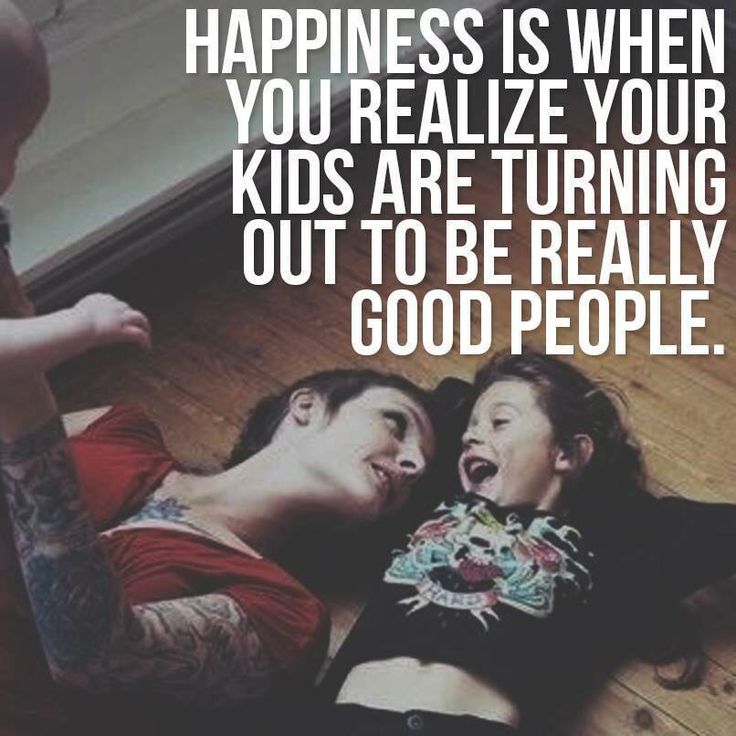
- Dont act on your feelings of defensiveness. If you feel defensive, learn to talk within your own head and keep your mouth shut. You should not defend yourself to your child. You can say something neutral, such as, I have a different perspective on the story, but Im not going to defend myself because it wont be productive.
- Expect Respect. Realize that no matter what, everyone deserves to be treated with respect including you.
- Dont idealize your children or your relationship with them. Yes, our children are the most important people in our lives, but they should not be idealized or enshrined. They are mere mortals just like you and I.If your child is rejecting you, its one thing to feel disappointed and sad, but it becomes unhealthy if you cant focus on anything else other than that. You are best served to remind yourself that you have other relationships that are important as well, and learn to focus on the ones that work.

- Grieve. Allow yourself to feel the sadness of being rejected by your child. Grieve over the loss of the innocence that the relationship once was. Grieve over your lost child even though he or she is still alive. In your world, he/she is no longer part of your life. That sense of what can I do? keeps you yearning and longing for reconciliation; but sometimes reconciliation is not forthcoming.
- Live one day at a time. Even if you have no contact with your child today, you have no way of knowing what tomorrow may bring. None of us does. The best thing we can do is to live the best way we know how today. When you can focus on one day only, you feel less hopeless and desperate. Remind yourself, I cannot predict the future.
- Dont beg. No matter how hurt or desperate you feel to have a relationship with your rejecting child, never stoop to the level of begging for attention or even forgiveness. You will not be respected by your child if you beg and it will demean your position as a parent.
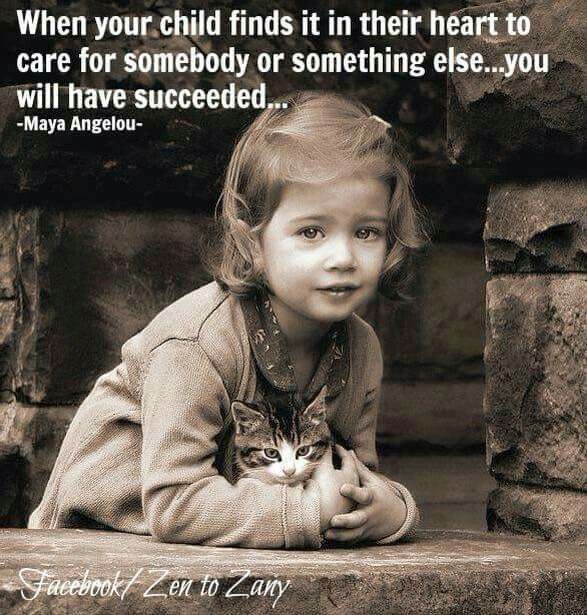
- Be empowered. Dont let your rejecting child steal your personal power. Just because you are having difficulties in this area of your life, dont get to the place where you feel personally defeated. Do what it takes to be good to yourself seek therapy, join a support group, travel, go to the gym, do whatever you can to own your own power and stop giving it away to anyone else.
One thing that is certain about life is that it is about all about letting go. As parents our job is to raise our children to the best of our ability and teach them how to be independent, productive adults. If, during the process, they choose a path we dont agree with, we must remind ourselves that we cant live their lives for them. Learning to let go is the best way to manage any part of life that doesnt go the way we expect, including when our children choose to reject us.
Coping With the Rejection Of a Child
One of the hardest things to experience is the betrayal wound that occurs when your own child grows up to hate you. I have seen this numerous times in my life, to the point that I am compelled to write about it.
I have seen this numerous times in my life, to the point that I am compelled to write about it.
Parents who have been rejected by one or more of their children experience a type of pain that is not matched by any other even the betrayal of a spouse or parent.
If you are a parent who has been rejected by your child or children then hopefully this paper will be beneficial to you. Of course, if you were and still are an abusive parent, then perhaps your child did what was necessary in order to protect him or herself from further abuse; but, if you are a typical, good enough parent, then your childs rejection is unnatural and unhealthy for all involved.
What types of children reject their parent(s) in this respect? (Note: these options are not mutually exclusive.)
- Children with Narcissistic Parental Alienation Syndrome
- Children with attachment trauma
- Children with personality disorders
If you are experiencing the heart ache of a child who rejected you, then you probably feel devastated, hurt, confused, angry, furious, misunderstood, shocked, invalidated, and empty. Was I a bad parent? Why did my children turn against me? What could I have done differently? Maybe I said no too many times. Maybe I shouldnt have been so hard on him/her. Where did I go wrong?
Was I a bad parent? Why did my children turn against me? What could I have done differently? Maybe I said no too many times. Maybe I shouldnt have been so hard on him/her. Where did I go wrong?
Many questions enter your mind.
Usually, children, no matter what, are loyal to their parents even very neglectful and abusive ones. When a child rejects a parent it usually has something to do with something else other than abuse or neglect. In fact, when a person cuts ties with an abusive or neglectful parent it is usually a difficult process and requires the child to set difficult boundaries, and is nearly impossible to do.
What about the parent whose child rejects them easily or with no sense of conscience or remorse, acting as if their parent were Attila the Hun, using criticism and judgment as tools of attack against the parent; using every weakness of the parent as justification for the ostracizing him/her? This type of parental rejection is not natural and is usually the result of one of the above three mentioned possibilities.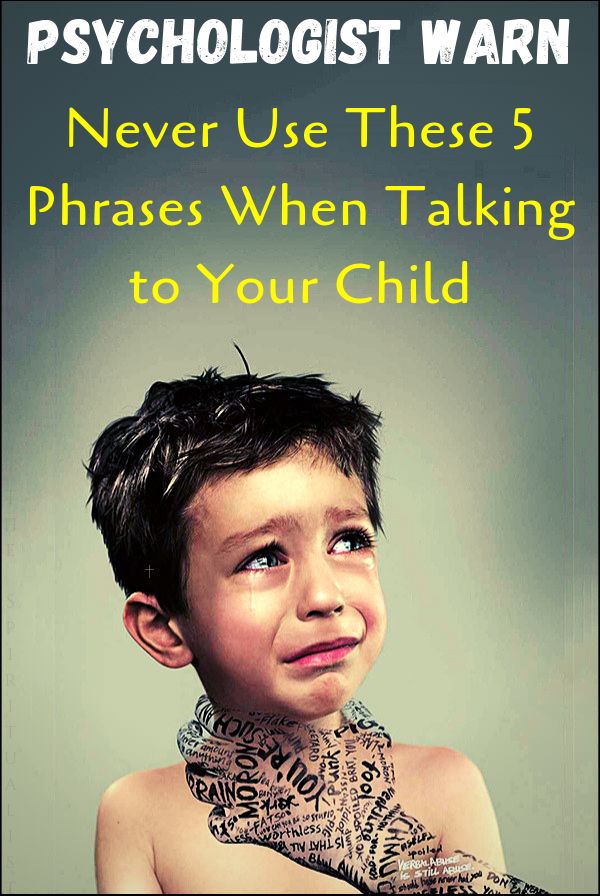
I will discuss each option here.
Children with Narcissistic Parental Alienation Syndrome:
This is the dynamic that occurs when a child is manipulated by the narcissistic parent to reject the other, healthy and empathic parent. It happens because the narcissistic parent uses a type of invisible coercion to convince the child that the other parent is no good. In essence, the narcissistic parent teaches his/her child to hate his/her other parent, and uses the child as a weapon to hurt the other, non-narcissistic parent.
Often this is done by implication and non-verbal communication, such as when a child returns home from being with the targeted parent and the narcissist acts overly concerned or alarmed by anything that may have gone on at the targeted parents house; by acting as if there is cause for distress, and that the child is very fortunate to be away from that unhealthy environment…
For further information on the topic of Narcissistic Parental Alienation, please click here.
Children with attachment trauma:
While attachment occurs all through the human lifespan, the most crucial time in a human beings life for attachment is between the times of birth to two years. If the child experiences a breach in time, away from the mother, for any reason be it abuse, neglect, or something else prevents the mother from being present and attuned to her child, then attachment trauma results.
Once a child has not connected properly with his/her mother, then the child did not develop the appropriate skills for having a healthy interpersonal attachment. A mother needs to provide the necessary attunement and resonance needed to learn how to love and trust another person. When a child is not given that type of relational input, he/she adjusts or copes by shutting down his/her needs. This results in later relationship problems, particularly involving the relationship with the mother, or anyone else offering intimacy and nurturing.
Children with personality disorders:
There appears to be a genetic component to personality disorders.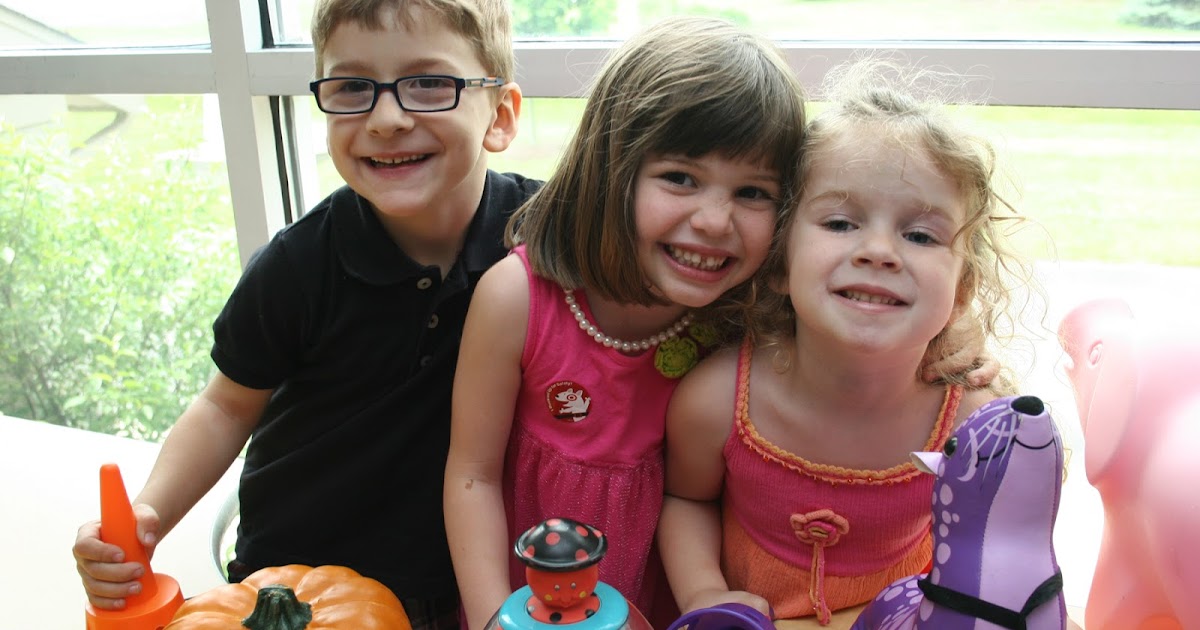 If a child has a parent or other person in his biological family with a personality disorder, or even other mental illness, then perhaps he/she has inherited a biological propensity to have a personality disorder him/herself.
If a child has a parent or other person in his biological family with a personality disorder, or even other mental illness, then perhaps he/she has inherited a biological propensity to have a personality disorder him/herself.
According to Google dictionary, a personality disorder is defined as: a deeply ingrained and maladaptive pattern of behavior of a specified kind, typically manifest by the time one reaches adolescence and causing long-term difficulties in personal relationships or in functioning in society.
As you can see by this definition that people with personality disorders are not easy to have close relationships with; this would include parent-child relationships.
What to do?
The best advice I can offer is as follows:
- Ask your child what he or she needs from you in order to repair the relationship. If your child tells you something specific, just listen and determine if you can honor your childs request. If it is reasonable and sincere, than do your best to repair what has been broken.

- Dont act on your feelings of defensiveness. If you feel defensive, learn to talk within your own head and keep your mouth shut. You should not defend yourself to your child. You can say something neutral, such as, I have a different perspective on the story, but Im not going to defend myself because it wont be productive.
- Expect Respect. Realize that no matter what, everyone deserves to be treated with respect including you.
- Dont idealize your children or your relationship with them. Yes, our children are the most important people in our lives, but they should not be idealized or enshrined. They are mere mortals just like you and I.If your child is rejecting you, its one thing to feel disappointed and sad, but it becomes unhealthy if you cant focus on anything else other than that. You are best served to remind yourself that you have other relationships that are important as well, and learn to focus on the ones that work.

- Grieve. Allow yourself to feel the sadness of being rejected by your child. Grieve over the loss of the innocence that the relationship once was. Grieve over your lost child even though he or she is still alive. In your world, he/she is no longer part of your life. That sense of what can I do? keeps you yearning and longing for reconciliation; but sometimes reconciliation is not forthcoming.
- Live one day at a time. Even if you have no contact with your child today, you have no way of knowing what tomorrow may bring. None of us does. The best thing we can do is to live the best way we know how today. When you can focus on one day only, you feel less hopeless and desperate. Remind yourself, I cannot predict the future.
- Dont beg. No matter how hurt or desperate you feel to have a relationship with your rejecting child, never stoop to the level of begging for attention or even forgiveness. You will not be respected by your child if you beg and it will demean your position as a parent.

- Be empowered. Dont let your rejecting child steal your personal power. Just because you are having difficulties in this area of your life, dont get to the place where you feel personally defeated. Do what it takes to be good to yourself seek therapy, join a support group, travel, go to the gym, do whatever you can to own your own power and stop giving it away to anyone else.
One thing that is certain about life is that it is about all about letting go. As parents our job is to raise our children to the best of our ability and teach them how to be independent, productive adults. If, during the process, they choose a path we dont agree with, we must remind ourselves that we cant live their lives for them. Learning to let go is the best way to manage any part of life that doesnt go the way we expect, including when our children choose to reject us.
"Mom, go away!" What to do if your child pushes you away
“No! Go away!”, “You don't care!”, “Shut up!” or the terrible: “I hate you!” If your child has said something like this, rest assured you are not alone. Many parents experience rejection and powerlessness in such situations. We are naturally drawn to take care of our children, so it hurts when it seems that children do not need our care in moments of grief. But our children need us, they need to feel our strength and unconditional love, and, most importantly, they need the acceptance of these very feelings of anger! nine0003
Many parents experience rejection and powerlessness in such situations. We are naturally drawn to take care of our children, so it hurts when it seems that children do not need our care in moments of grief. But our children need us, they need to feel our strength and unconditional love, and, most importantly, they need the acceptance of these very feelings of anger! nine0003
When your child pushes you away, doesn't allow himself to be hugged or even approached, he still needs to know that you care about him and maintain an emotional connection with him. No matter how cold the atmosphere has become, we can always bring some warmth back into it by smiling sympathetically or offering the child something to drink.
When children have difficulty coping with their feelings, they quickly become angry and blame those closest to them. Parents and loved ones often feel that they are being accused unfairly, so they in turn begin to blame the children, threaten, defend themselves or appeal to reason - with zero result.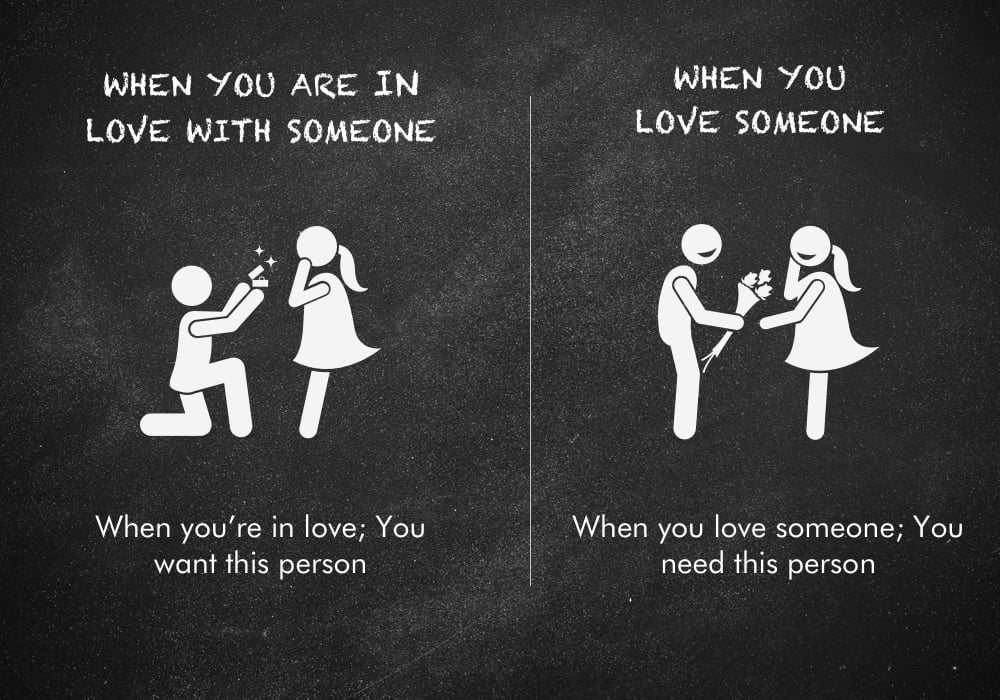 There is a chain reaction of blame and rejection as parents and children push each other further and further away. It is understandable why parents feel resentful, rejected and blamed when they are ignored and attacked physically or verbally. Their feelings are understandable, however, if they act from this point of resentment, they will most likely regret it later. In this case, they are less likely to be able to meet the needs of the child that led him to this behavior. A battle breaks out between two offended "children", one of which is larger than the other! nine0003
There is a chain reaction of blame and rejection as parents and children push each other further and further away. It is understandable why parents feel resentful, rejected and blamed when they are ignored and attacked physically or verbally. Their feelings are understandable, however, if they act from this point of resentment, they will most likely regret it later. In this case, they are less likely to be able to meet the needs of the child that led him to this behavior. A battle breaks out between two offended "children", one of which is larger than the other! nine0003
The main challenge and the key to success is the ability of an adult to take care of and cope with their own feelings and stress levels at such moments. For example, if we become more conscious of our tendency to argue, we can choose to respond with empathy, even when setting clear boundaries. Like us adults, children resist direction during acute emotional periods until they feel understood. Children need us to be their anchors so that we don't lose our footing when they lose theirs, and if we do lose it (it's human nature for us!), they need us to fix the connection. This provides them with the necessary pattern of behavior, according to which they will gradually develop their abilities for self-regulation, so that they support them throughout their lives. nine0003
This provides them with the necessary pattern of behavior, according to which they will gradually develop their abilities for self-regulation, so that they support them throughout their lives. nine0003
The impulsive behavior of children and adults has traditionally been seen as something that needs to be controlled without considering or taking into account hurt feelings and unmet needs. However, for our response to be truly constructive, it must be based on empathy for ourselves and for the child.
In times of emotional overload, children desperately need us to be able to see what is behind rejection and aggression. They need us to hear them and respond with empathy to their fear, confusion, loneliness and frustration. When the senses are upset, children cannot use the rational part of their brain, so appeals to reason can infuriate them. Questions "What happened?" sometimes they will be unbearable. But showing concern for their feelings and reducing their tension is usually just what they need: "Darling, I can see that you're having a hard time right now, let's both sit down for a while and take some deep breaths to de-stress a little.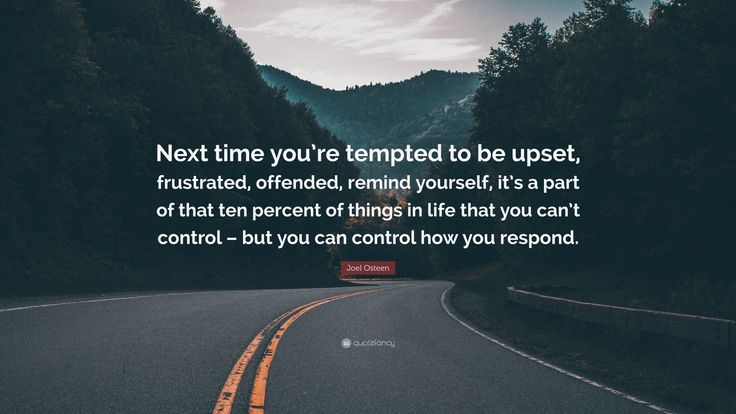 " We can also open our arms towards the child: "Maybe a hug will cheer you up," or let him release everything that has accumulated: "Darling, allow yourself to cry from the heart." nine0003
" We can also open our arms towards the child: "Maybe a hug will cheer you up," or let him release everything that has accumulated: "Darling, allow yourself to cry from the heart." nine0003
If we ourselves can slow down, take a breath, pause, empathize with ourselves (thoughts like “this is REALLY hard” will help us acknowledge what is happening to us), and then use our empathy for the child, it will be easier for us to understand what he is on really wants to convey to us. When a child yells "I hate you!", sometimes this is the only way for him to say that they hate their feelings. Sayings like "you're dumb" can mean shame and humiliation, "go away!" may be a need for more respect for one's boundaries and autonomy, or an expression of loneliness, sadness, or rejection. nine0003
Pay attention to the feelings your child evokes in you at these times, they can give you good clues about what feelings the child is trying to convey to you. A typical example would be a parent who leaves a clinging sad child in the morning and is met in the evening by a child who refuses to look at him. The child needs help to reconnect and deal with stuck feelings of rejection. Perhaps a game of hide-and-seek will come in handy here, where the child will regain his sense of confidence that he can find the missing parent. nine0003
The child needs help to reconnect and deal with stuck feelings of rejection. Perhaps a game of hide-and-seek will come in handy here, where the child will regain his sense of confidence that he can find the missing parent. nine0003
Our heart is an internal compass that allows us to tune in to the child's confused feelings and needs, and if it is silent, we feel lost in the ocean during an emotional storm.
In the friendly parenting model, if a child pushes a parent away, the parent notices (the sooner the better) that the situation is heating up and realizes that if he does not regulate the emotional temperature, then this can lead to overload. If you just stop and ask yourself: “How can he feel now?”, “What does she really need?” and “How do I feel, what do I need?” – it helps to start the journey from head to heart, leading us to empathy. The parent moves away from questions like “Why are you answering like that?” Instead, he views the strength of the child’s emotions as directly dependent on the level of his stress, as a cry for safety and contact. Parents understand that a child can only behave as well as he feels good, that he has the energy to share and cooperate only when his emotional reservoirs are full. nine0003
Parents understand that a child can only behave as well as he feels good, that he has the energy to share and cooperate only when his emotional reservoirs are full. nine0003
Since children are very sensitive to what their parents think of them, they have a protective instinct to push the parent away when a conflict arises, when they are afraid of his anger and criticism. The child also has an instinctive need for support from his loving, mature and caring parents! Children feel confused and experience internal conflict when these instincts collide with each other. When a fight breaks out and the bond breaks down, it is our responsibility as parents to find a way to our mature serenity and reassure the child that his most painful points and fragile feelings are safe with us. nine0003
“I want to appreciate you without judgment. Join you without intrusion. Invite you without asking. Leave you without guilt.
Virginia Satir
Let's take a fairly common example: a child bursts into a room, telling his parents that he will never talk to his girlfriend again. The parent replies: "Of course you will, she's your best friend." The parent responded to superficial behavior rather than attuning to the child's feelings and unmet needs. The child's need to have his feelings noticed, acknowledged, called to speak up, has not been met, now he is in even more pain, so he snaps: “You NEVER listen to me!”, And the parent replies in annoyance: “How DARE you blame me for this !" The child runs away screaming "Don't command me!" If a parent can consciously slow down, breathe, and notice their own feelings first, they may become aware that they have reacted out of helplessness and anger. In such situations, the phrase “I will never succeed!” should be more accurately translated as "Mom/Dad, I can't handle the fact that you can't handle my feelings. I need you to stay calm, take care of me and see that I'm already trying. I really hurt, please show me what I CAN do with all this rage, listen to me and let me know that my feelings are justified. nine0003
The parent replies: "Of course you will, she's your best friend." The parent responded to superficial behavior rather than attuning to the child's feelings and unmet needs. The child's need to have his feelings noticed, acknowledged, called to speak up, has not been met, now he is in even more pain, so he snaps: “You NEVER listen to me!”, And the parent replies in annoyance: “How DARE you blame me for this !" The child runs away screaming "Don't command me!" If a parent can consciously slow down, breathe, and notice their own feelings first, they may become aware that they have reacted out of helplessness and anger. In such situations, the phrase “I will never succeed!” should be more accurately translated as "Mom/Dad, I can't handle the fact that you can't handle my feelings. I need you to stay calm, take care of me and see that I'm already trying. I really hurt, please show me what I CAN do with all this rage, listen to me and let me know that my feelings are justified. nine0003
“When kids are upset, they can't be reached with logic.
When they are angry, they can only respond to emotional support."
Chaim Ginott
Reasoning, moralizing, threatening or trying to induce feelings of guilt are counterproductive and will strengthen rather than mitigate a child's defenses. We want the child to be open with us because he feels it is safe and right, not because he feels guilty and worried about our feelings and needs. It is natural to encourage a child to share his feelings if it is expressed in the form of an invitation, and not a demand or a desire to find someone to blame. If the parental invitation is truly unconditional, it usually makes the child feel better, whether they are ready to open up or not. Reassure your child that your love for him can withstand all his great feelings of pain and anger. This reassurance of emotional security will give him the signal that the horizon is clear and open again, we are giving him a firm and solid footing to hold on to. nine0003
When does "go away" really mean "go away"? When a child says “go away,” many parents either walk away angrily or continue to argue. In any case, the child may feel even more upset and confused. Sometimes a child just needs support and respect for their need to settle down alone (depending on age, safety and circumstances). More often than not, however, the child still needs to express their anger in order for it to be witnessed, accepted, and acknowledged. Repulsing a parent is often the only way for a child to show their feelings of rejection. nine0003
In any case, the child may feel even more upset and confused. Sometimes a child just needs support and respect for their need to settle down alone (depending on age, safety and circumstances). More often than not, however, the child still needs to express their anger in order for it to be witnessed, accepted, and acknowledged. Repulsing a parent is often the only way for a child to show their feelings of rejection. nine0003
Children long to be free from the stress of unexpressed emotions. When we listen to their difficult feelings, accept and understand them, these feelings become much less complicated, and this allows the child to feel normal again, to be in tune with himself again. Children can usually manage their feelings to the extent that their parents can. Babies need to cry, scream, growl, howl, and sometimes even squeal when the annoyances continue to pile up. However, it can be difficult for parents to cope with strong emotions, especially if they themselves were not allowed to show such feelings as children. At these moments, unexpressed feelings can come into motion again. nine0003
At these moments, unexpressed feelings can come into motion again. nine0003
If parents are able to truly listen with love to their children's crying or rage, it can have a tremendous healing effect. Squealing into the pillow or growling in the palm of your hand can muffle the sound, but allow the child to release it or encourage him to growl like an animal. Other outlets for relieving excessive tension in the body can be: stamping your feet, jumping with a simultaneous growl, laughter, pillow fights with your parents, massage, creativity, water, mud, sand, singing, nature walks and much more. Being a mature adult is sometimes not easy at all! Managing our emotions within close relationships, especially relationships with children, is one of the most difficult tasks for most parents. No easier than having to wake up at night and not getting enough sleep. If we increase our awareness of this issue and gain empathic emotional support as we learn to deal with the tsunami of emotions that parenting brings us, in my opinion, this will be one of the most important and valuable gifts that we as parents can give ourselves. nine0003
nine0003
"Choose to be kind instead of being right, and you will be right either way."
Richard Carlson, writer and psychotherapist
Children value our honesty and are concerned about our feelings, but when they themselves are overwhelmed by strong, unbridled emotions, it is usually unrealistic to expect them to understand and attend to our feelings and needs. If you need to set boundaries, try to keep it short, for example: “I won’t let you hurt me/hit me/swear at me, I keep us both safe, but I’m there, I care, I really really care about you ". Trust that your child would not hurt others in anger if he could deal with his unbearable feelings. Stopping a physical attack in the most non-aggressive way possible, and caringly helping a child express what is happening to him, contributes to the development of wonderful abilities for self-control for life! The calm after the storm is a better time to talk about what happened and what could have gone better.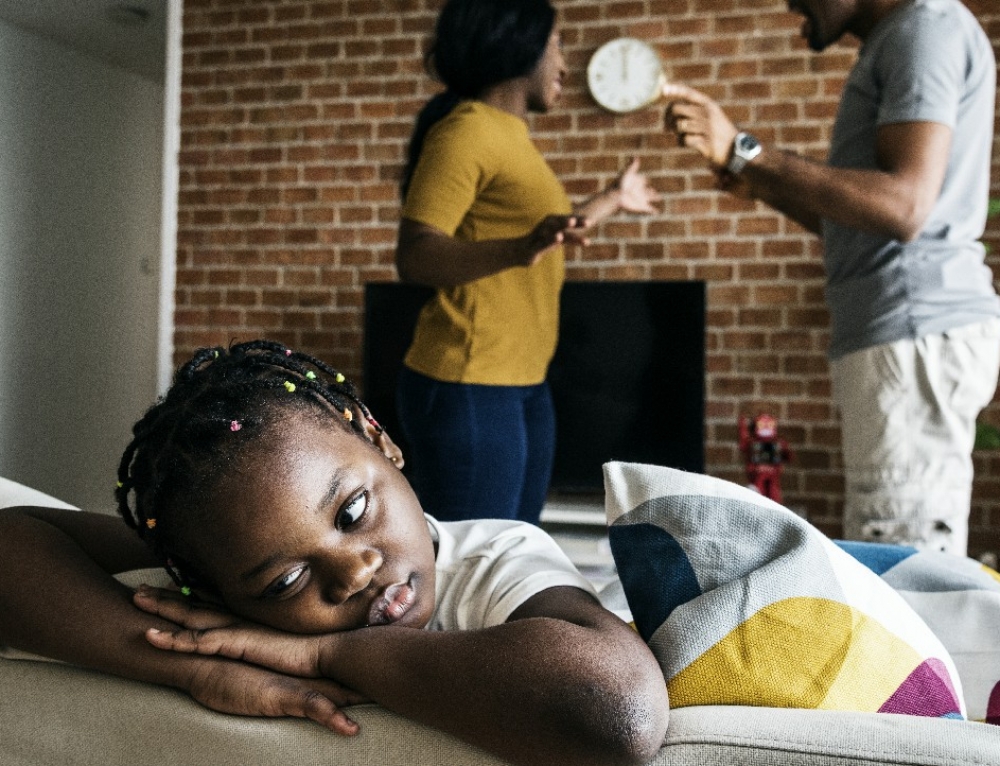 You might ask, “Are you ready to hear how I felt about that?” In quiet moments it will also be useful to discuss how difficult it is for each of us when we are angry, even adults, but caring support can really help us, and although it is not good to offend us, ourselves or others, we are always in favor of expressing their feelings and everything. that has accumulated when we are actually ready to be near them. nine0003
You might ask, “Are you ready to hear how I felt about that?” In quiet moments it will also be useful to discuss how difficult it is for each of us when we are angry, even adults, but caring support can really help us, and although it is not good to offend us, ourselves or others, we are always in favor of expressing their feelings and everything. that has accumulated when we are actually ready to be near them. nine0003
“Fear and insecurity may be based on vulnerability, but it is also the cradle of courage and compassion – this is exactly what we need to stop aggression and begin to interact with the world, based on dignity; from a point where empathy and kindness matter."
Brené Brown, from Common Courage Blog
Believe that your child desires mutual love, trust, connection and understanding, just as you do. It is important to maintain a sense of perspective during emotional storms and not lose faith in the good intentions of each family member. Take for granted that everyone is trying to do the best, including you. The most meaningful and caring words we can say to each other would be, “What do you need right now?” We often say them in our family, it helps everyone to listen to their physical and emotional needs and give them their due. These words remind us that any feelings and needs have the right to exist and to be respected. nine0003
Take for granted that everyone is trying to do the best, including you. The most meaningful and caring words we can say to each other would be, “What do you need right now?” We often say them in our family, it helps everyone to listen to their physical and emotional needs and give them their due. These words remind us that any feelings and needs have the right to exist and to be respected. nine0003
Genevieve Simperingham
Translation by Irina Matsenko
Hope Shestakova
- -your-child-wont-let-you-connect/
Photo: pixabay.com
Why children leave home - what parents need to know
family well-being. Together with psychologists Marina Melia and Emilia Javadova, we are looking into why children run away and what parents should pay attention to in order to prevent this. nine0003
1. Difficulties at school
Children and adults assess trouble differently. If for a mature personality a failed exam, a failure in a competition or a lover's refusal are just temporary setbacks, then for a teenager it is a tragedy of a lifetime. And any problem can serve as an impulse to escape.
If for a mature personality a failed exam, a failure in a competition or a lover's refusal are just temporary setbacks, then for a teenager it is a tragedy of a lifetime. And any problem can serve as an impulse to escape.
What to do? “In adolescence, children have not yet established the processes of self-regulation and control of their emotions. Escape can happen even because of a bad mark. If the child knows that this will upset the parents, he may run away. Not because tyrants are waiting for him at home, but because the teenager does not know how to behave in such a situation. The most important thing is that the parent should try to convey to the child (and accept it himself) the fact that the unpleasant experiences that a person encounters while growing up are an important experience that should not be avoided, on the contrary, one must learn to live it and cope with the experiences in a safe way. way,” notes clinical and family psychologist Emilia Javadova. nine0003 Photo: Shutterstock / Motortion Films
2.
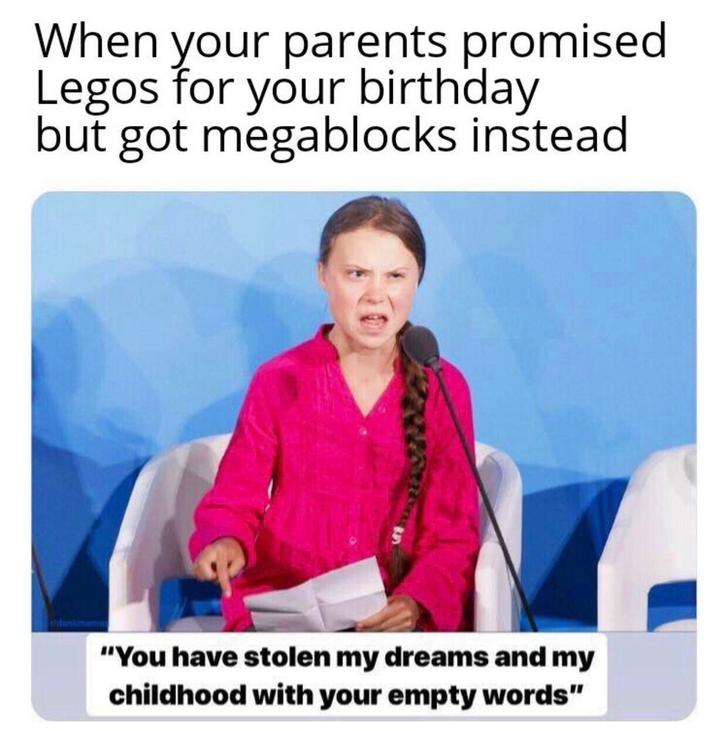 Old grudges
Old grudges The decision to run away is not always impulsive. It happens that children are offended by something for a long time and plan to escape in advance. You can even find the accumulated money and escape items in the child's room. At the same time, some teenagers want to predict the reaction of their parents to their actions, so they try to talk to them about it. Sometimes in the form of a harmless question "Will you be upset if I disappear?" or the provocative phrase "Yes, you will only be happy if I leave." nine0003
What to do? “If you feel that a child is hinting at leaving home, you cannot scold or expose him. Your ingenuity will lead to the fact that the teenager will be more selective and will become better at hiding. Better tell a story about yourself at his age. Remember your experiences and talk to the child from the position of “I am the same as you,” advises Marina Melia.
3. Abrupt change of social circle
In adolescence, the child spends less and less time with his family, his needs for understanding the world begin to go beyond it. If your son or daughter has new friends, do not rush to worry and try to check their decency by constantly asking a lot of tactless questions. Changing the circle of friends is a normal sign of growing up, thus a person broadens his horizons and receives the necessary development for a certain life stage. nine0003
However, if a child hides his comrades from you and does not tell you how they spend time together, this is a reason to be wary. Most likely, a teenager understands that his parents will not accept his choice of environment, because it negatively affects his academic performance or does not meet the expectations of adults due to deviant behavior and peer interests. Often, during a period of teenage rebellion, it is with such friends that children run away from home “for company”. Remember how easily three young heroes from the movie "Kings of Summer" decided to run away from home. They wanted to spend their holidays in the forest, away from parental control, and they did not think at all about the reaction of adults to their act. nine0003
nine0003
What to do? It is very important to develop critical thinking in a child and help him form an adequate self-esteem. After all, the less self-confident a teenager is, the more important for him is the sympathy of his peers and the weaker his ability to think contrary to their opinion. In any case, parents should take the first step to get to know the child's environment. You can invite new friends of your son or daughter to visit, ask to leave an additional phone for communication and agree on a certain number of calls if a long walk is planned. nine0003
“The main thing is to be prepared that your child may take all these requests with hostility and protest. This is fine. It is important to try to calmly accept such a reaction and still try to agree on safety rules with your son or daughter, ”adds Emilia Javadova.
Photo: Unsplash / Aedrian4. Acute reaction to changes in the family
Another signal for an escape can be a child's difficult feelings due to a conflict in the family. For example, against the background of the separation of parents. In a divorce situation, a teenager will be very sad and may even go into protest, and after that he will try to do everything to maintain the usual relationship between mom and dad. With his escape, the child may try to unite all family members around one problem and control their actions. So, the hero of Zvyagintsev's film "Dislike", 12-year-old Alyosha, cannot stand the constant quarrels in a collapsing family and runs away from home. The tragedy unites sworn enemies without five minutes: mom, dad and grandmother. But, unfortunately, even such a bright shock is not able to save the family. nine0003
For example, against the background of the separation of parents. In a divorce situation, a teenager will be very sad and may even go into protest, and after that he will try to do everything to maintain the usual relationship between mom and dad. With his escape, the child may try to unite all family members around one problem and control their actions. So, the hero of Zvyagintsev's film "Dislike", 12-year-old Alyosha, cannot stand the constant quarrels in a collapsing family and runs away from home. The tragedy unites sworn enemies without five minutes: mom, dad and grandmother. But, unfortunately, even such a bright shock is not able to save the family. nine0003
What to do? “During a divorce, it is important for adults to pay attention to the feelings of the child. How does he feel about what happened? What does he say? Has his behavior changed in general? Both parents must show that a teenager is important for both mom and dad, and they will not stop loving him, even if they see each other less often. To reduce the level of anxiety, you can also say clear rules about how your life and the life of your child will be arranged further: “You will have the opportunity to see, call, come to visit”, “We will go on vacation together with you”, and so on " - says psychologist Emilia Javadova. nine0003
To reduce the level of anxiety, you can also say clear rules about how your life and the life of your child will be arranged further: “You will have the opportunity to see, call, come to visit”, “We will go on vacation together with you”, and so on " - says psychologist Emilia Javadova. nine0003
5. Lack of personal space
Teenagers, like no one else, need the right to privacy and their own space. If he shares a room with his parents, brothers and sisters, then he must be sure that he has personal belongings, and his money, computer, telephone will not be used without his consent. When a teenager is not given the freedom he wants, he may run away as a rebellion or a sharp separation from his parents.
What to do? “It is important for parents to discuss the situation with the child, to hear and make it clear that his experiences matter. Try to find the best solution. Of course, not every family can afford a separate room for a child, but you can agree on a personal corner or a time during which he will not be disturbed, ”adds psychologist Emilia Javadova.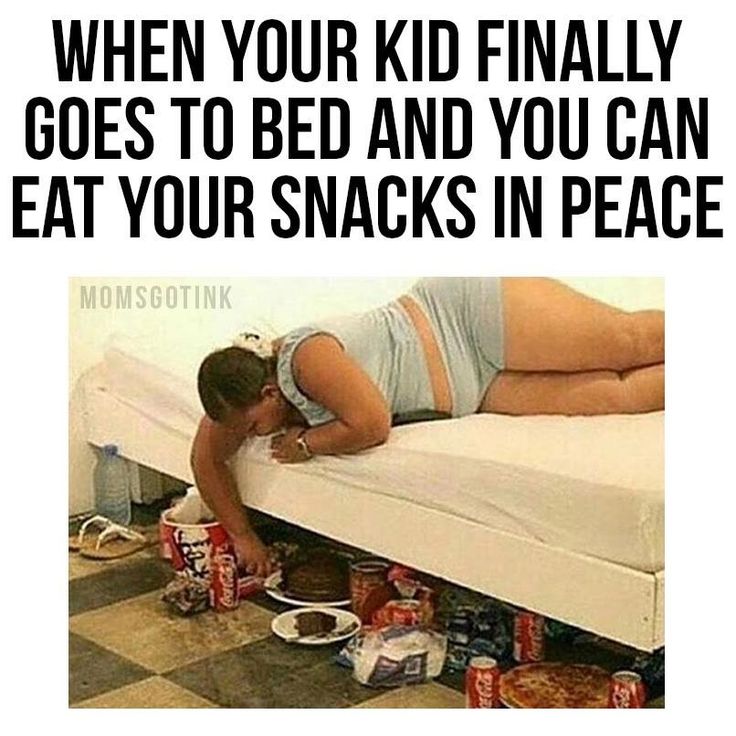 nine0003 Photo: Shutterstock / veneraG84
nine0003 Photo: Shutterstock / veneraG84
6. Rudeness from loved ones
If a child cannot cope with physical or psychological attacks from parents or other relatives, he too can run away. In such a situation, children often hush up problems and do not turn to other adults for help. Sometimes a teenager is ashamed to tell someone that his quite intelligent dad can hit him or his mom humiliates him every evening to tears. And sometimes the fear of punishment prevents you from asking for help, because if they beat you for bad grades, then what will happen if the child takes dirty linen out of the hut? But there are other reasons: for example, in the TV series "Missing" from KinoPoisk HD, the main character Lena Garber is abused by her father. She tries to talk to her mother about it, but she rejects her. After that, the girl disappears from the family for 10 years. nine0003
What to do? “If a child complains about violence, the main thing is not to wonder if he is lying or not. Is it true or his fantasy - this suggests that he does not feel safe, he lacks love, and perhaps he wants to evoke these emotions in the person to whom he talks about violence. He wants to feel that they are ready to protect him, take care of him, that they love him. And this reaction - the first - is the most important that a loved one can give to such a story of a child. You need to take his words seriously and sympathetically, and not fall into denial or aggression, ”advises psychologist Marina Melia. nine0003
Is it true or his fantasy - this suggests that he does not feel safe, he lacks love, and perhaps he wants to evoke these emotions in the person to whom he talks about violence. He wants to feel that they are ready to protect him, take care of him, that they love him. And this reaction - the first - is the most important that a loved one can give to such a story of a child. You need to take his words seriously and sympathetically, and not fall into denial or aggression, ”advises psychologist Marina Melia. nine0003
Any, even the most prosperous, family can face an escape from a family. Psychologists say that parents should not blame themselves if this happens. First of all, they must mobilize and direct all their efforts to search for the missing child. You need to report the loss immediately, without waiting for any specific time. Where to turn for help?
- File a police report.
- Call the emergency number 112.
- Call the LizaAlert hotline at 8 (800) 700-54-52.






